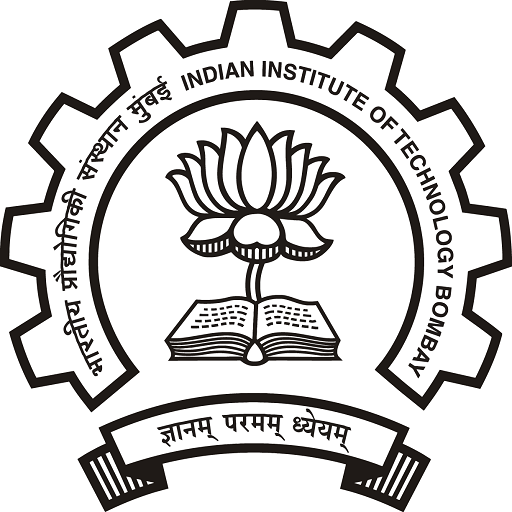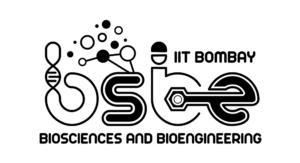Subrahmanyam, G.
Dr. G. Subrahmanyam
Professor
E-mail: gsm [at] iitb.ac.in

Research Interest
The complexity and fine tuning of T cell and mast cell activation signaling cascades are the focus of the lab. Our studies have shown that a type II PtdIns 4-kinase activity is associated with CD3, CD4, CD7 and CD28 receptors in T cells and with FcRI in mast cells. These studies suggest that type II PtdIns 4-kinases may generate a threshold of signals at plasma membrane that may regulate immune synapse formation, T cell adhesion and infiltration and inflammatory responses. Type II PtdIns 4-kinases have also been shown to play a role in microbial pathogenicity and neuronal signaling. Understanding of type II PtdIns 4-kinases function and its regulators may help in development of rational drug design for immunomodulators and possibly in cancer metastasis.
The other projects that have been initiated recently in our lab are on stress signaling mechanisms in a marine algae Dunaliella salina, and Pheodactylum tricornutum. D. salina responds to different stress conditions by accumulating large quantities of carotenoids and the focus of the lab is to dissect out these signaling pathways and generate stable mutants in these pathways. P.tricornutum under stress conditions accumulates large quantities of triacylglycerols and regulation of triacylglycerol biosynthesis is another line of research in the lab.
Teaching
Molecular Immunology
Academic Background
- Ph. D. Indian Agricultural Research Institute, New Delhi.
Professional Experience
- Professor, IIT Bombay, India
Publications
- Checker R, Sharma D, Sandur SK, Subrahmanyam G, Krishnan S, Poduval TB, Sainis KB. (2010) Plumbagin inhibits proliferative and inflammatory responses of T cells independent of ROS generation but by modulating intracellular thiols. Journal of Cellular Biochemistry. 110(5):1082-93
- Sinha R.K and Subrahmanyam, G (2007) Type II Phosphatidylinositol 4-kinase(s) in Cell signaling cascades. Indian Journal of Biochemistry and Biophysiscs 44,:289-94.
- Srivastava,R., Sinha R.K and Subrahmanyam G. (2006) Type II phosphatidylinositol 4-kinase β associates with TCR-CD3 ζ chain in Jurkat cells Molecular Immunology,43, 454-63.
- Srivastava R., Ratheesh A., Rajiv K. Gude, R.K., Rao K.V.K ., Panda D and Subrahmanyam G. (2005) Resveratrol inhibits type II phosphatidylinositol 4-kinase: A key component in pathways of phosphoinositide turn over Biochemical Pharmacology, 70, 1048-1055.
- Naveen B., Shankar B.S and Subrahmanyam G. (2005) FcRI cross-linking activates a type II phosphatidylinositol 4-kinase in RBL 2H3 cells Molecular Immunology, 42,1541-1549
- Fernandis A.Z., Srivastava R., Sinha R.K and Subrahmanyam G. (2005) A type II phosphatidylinositol 4-kinase associates with T cell receptor ζ chain in Con A stimulated splenic lymphocytes through tyrosyl phosphorylation-dependent mechanisms Molecular Immunology 42, 561-568
- Subrahmanyam, G., Rudd, C.E., and Schneider, H. (2003) Association of CD7 with type II Phosphatidylinositol 4-kinase, a key component in inositol phosphate turnover. European Journal of Immunology 33, 46-5
Industrial consultancy
- Working as Consultant for a Biotech Company involved in Immuno diagnostic.
- International: Worked as a technical consultant for a French Company for production of algae for biodiesel
- National:Worked as a Technical Consultant to an Indian company on cultivation of micro-algae for biodiesel production

